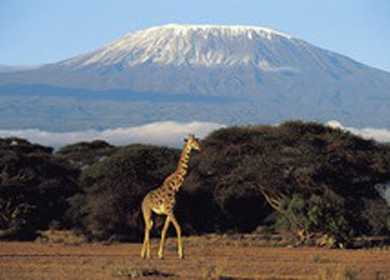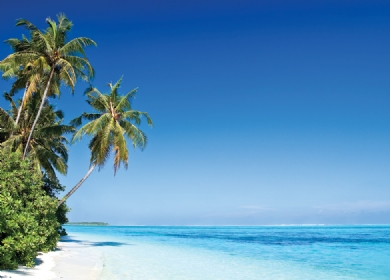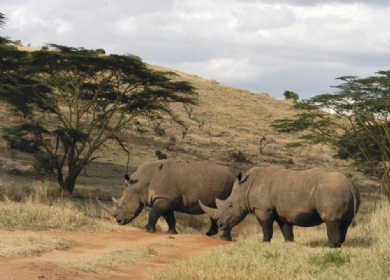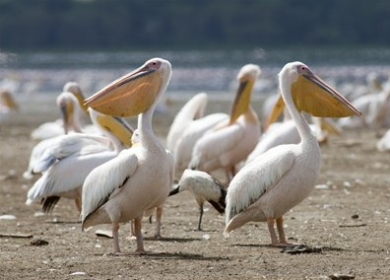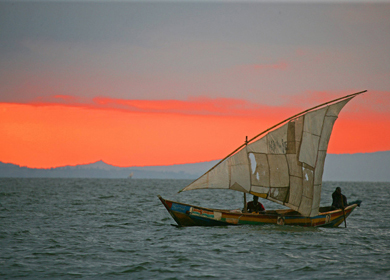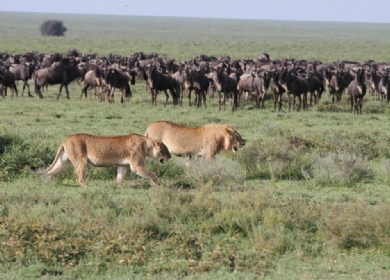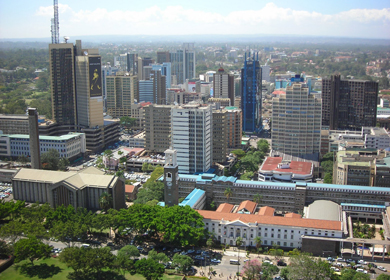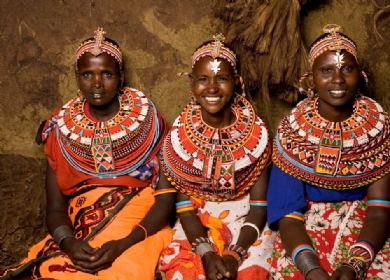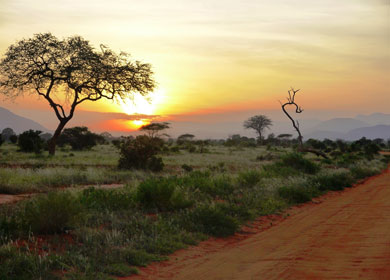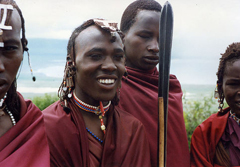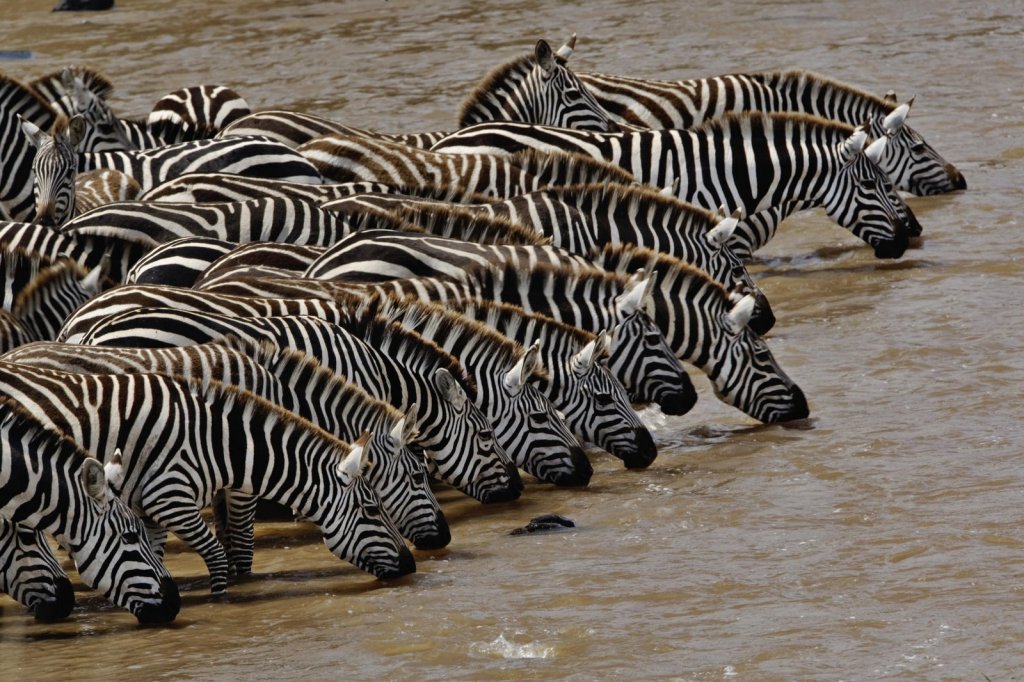
Kenya - The grand old dame of African safaris, Kenya has been at the forefront of the industry for decades, and with iconic reserves such as Masai Mara, Amboseli, Samburu and Tsavo, it has earned its place in safari royalty.
Kenya's wildlife is legendary, as is its hospitality, friendliness, and scenic beauty. With the Great Rift Valley running through the country, Kenya is home to some stunning landscapes, with lakes, valleys and mountains adding to the beautiful plains of the Masai Mara.
To add to the spectacular wildlife, Kenya is one of the best countries to experience the local tribes and cultures, in particular the Masai and Samburu.
Kenyan roads are notoriously bad however, so the majority of safaris we recommend are fly-in options to the various parks. The small group scheduled safaris all operate by road, so you would need to be prepared for what is called "the African massage".
The diversity of areas to visit in Kenya is astounding, with each game reserve offering something truly unique. And to top it off, the country has a splendid coastline which invites some pure relaxation after spending time in the bush.

